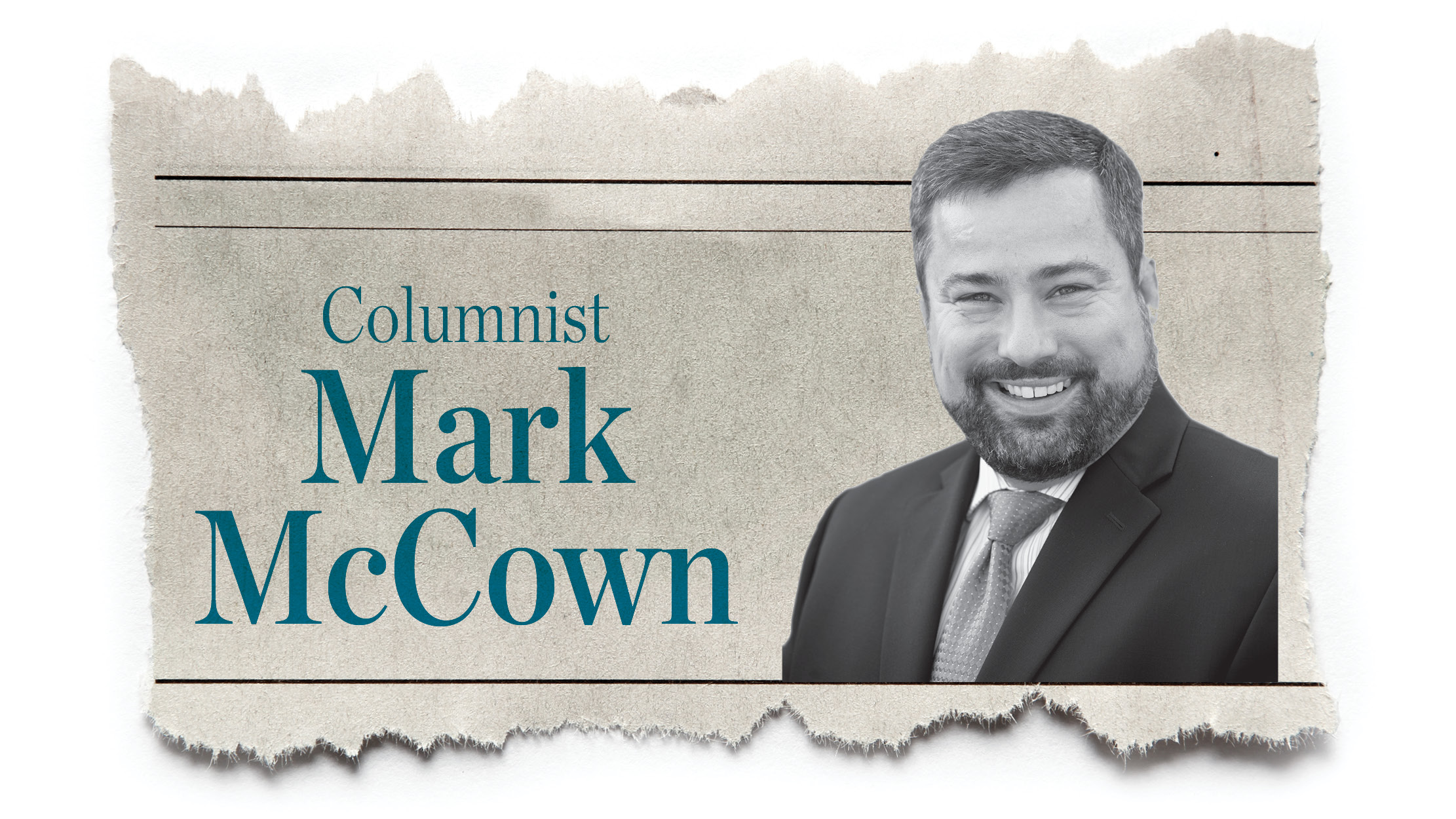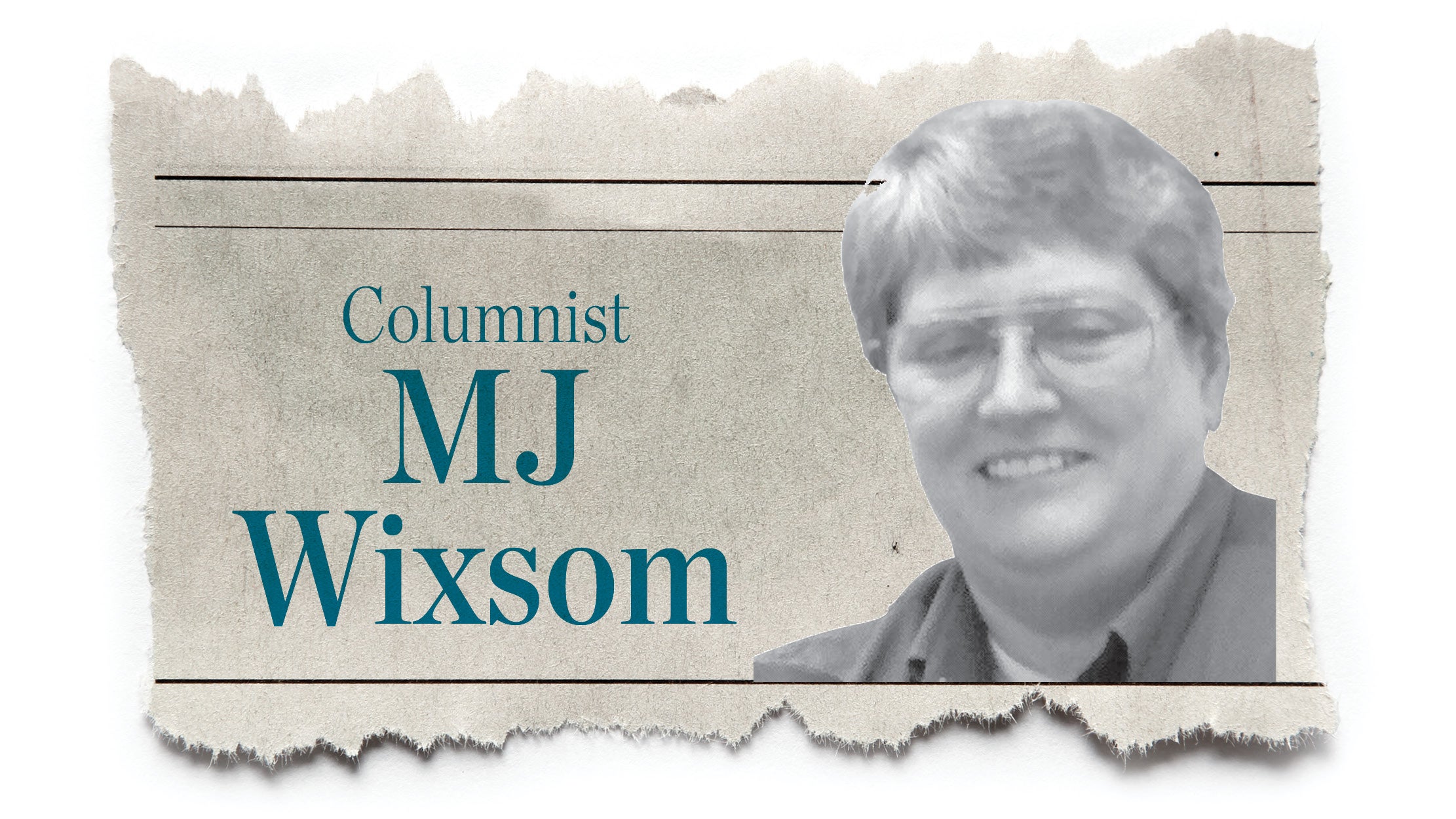Mark McCown: Explaining the court’s discovery process
Published 5:15 am Sunday, September 11, 2022
Dear Readers: I previously received a question about what “discovery” is, and how lawyers go about it.
I answered the question as it relates to a civil lawsuit, which occurs when someone sues somebody else.
Now, we’ll talk about discovery in the context of a criminal case, when the state brings charges against a defendant.
Put simply, “discovery” is the process people involved in lawsuits use to find out, or discover, what evidence the other side has before they go to trial.
Like most things involving lawsuits, the process attorneys use to get information is governed by rules, and for a criminal case in Ohio discovery is governed by Rule 16 of the Criminal Rules of Procedure.
If a defendant’s attorney makes a demand for discovery under Rule 16, the prosecutor must provide copies (or the opportunity for defense counsel to copy) of information in seven broad categories:
1) any written or recorded statements, as well police officer summaries of them, made by the defendant or a co-defendant in the case;
2) copies of any criminal records of the defendant and co-defendants, as well as copies of any criminal records of felonies or crimes of dishonesty within the last ten years and committed by any witness the state will call at trial;
3) all laboratory or hospital reports, books, papers, documents, photographs, tangible objects, buildings, or places;
4) results of physical or mental examinations, experiments or scientific tests;
5) any evidence favorable to the defendant and material to guilt or punishment;
6) all reports from police officers;
7) any written or recorded statement by a witness the state intends to call at trial.
If there is any information required to be disclosed that the state believes should not be shown to the defendant or others (such as private photographs, videos, or other recordings), it may designate them “Counsel only”, which bars the defense attorney from showing them to anyone, including the defendant, until approved by the court.
Additionally, the state often delays disclosing the actual identity of certain witnesses until close to trial due to safety concerns (for example, the identity of a confidential informant in a drug trafficking case).
Once a defendant has demanded discovery, the defendant is then required to give the same information listed above to the prosecuting attorney, with only slight differences.
If the defendant does not want to give the information above, the only way to avoid it is to not demand discovery from the state.
The exchange of information between the state and the defendant allows both to look at the strengths and weaknesses of the case, and decide whether the matter should be dismissed, go to trial or be settled.
Thought for the Week: “The greatest obstacle to discovery is not ignorance – it is the illusion of knowledge.” Daniel J. Boorstin
It’s The Law is written by attorney Mark K. McCown in response to legal questions received by him. If you have a question, please forward it to Mark K. McCown, 311 Park Avenue, Ironton, Ohio 45638, or e-mail it to him at LawyerMark@yahoo.com. The right to condense and/or edit all questions is reserved.





